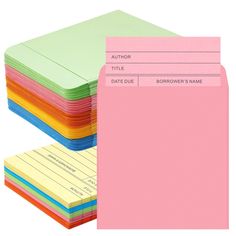5 Best Libraries in C/C++ For ML in 2024

Machine Learning (ML) has become an integral part of various applications and systems. C and C++ have been longstanding choices for performance-critical applications, given their speed and efficiency. As ML has evolved, several libraries have been developed to extend the capabilities of these languages to facilitate ML development. As of 2024, here are the five best libraries in C/C++ for ML that developers should consider:
1. MLPack: MLPack is a fast and flexible C++ machine learning library that provides cutting-edge algorithms. It is designed with an emphasis on scalability and ease of use. With a vast array of algorithms implemented, MLPack is suitable for a variety of tasks, from simple regression to complex reinforcement learning tasks.
2. Dlib: Dlib is a versatile C++ library designed for real-world ML and data analysis applications. It is highly regarded for its machine learning algorithms and graphical model inference techniques. In 2024, it continues to be one of the leading libraries due to its comprehensive set of tools that include deep learning models with support for GPU acceleration.
3. Shark: Shark is an open-source library developed in C++ for the design and optimization of adaptive systems, including traditional ML algorithms and complex evolutionary computation. Its strength lies in its design for efficiency both in terms of memory management and computational speed.
4. Caffe: Developed by the Berkeley AI Research (BAIR) lab, Caffe is well-known for its performance in convolutional neural networks (CNNs) and large-scale industrial applications in vision, multimedia, and speech. Though primarily built in C++, it offers easy-to-use command-line, Python, and MATLAB interfaces.
5. xLearn: This high-performance library provides scalable machine learning algorithms based on linear models like Logistic Regression and Linear SVMs but is also known for implementing the field-aware Factorization Machines (FFM). Designed to be both efficient and flexible, xLearn works seamlessly on single machines as well as distributed environments.
In conclusion, these five libraries provide robust tools for integrating powerful ML algorithms into C/C++ projects efficiently. With continuous updates and community-driven improvements, they represent some of the top choices for developers looking to harness AI in high-performance applications.






